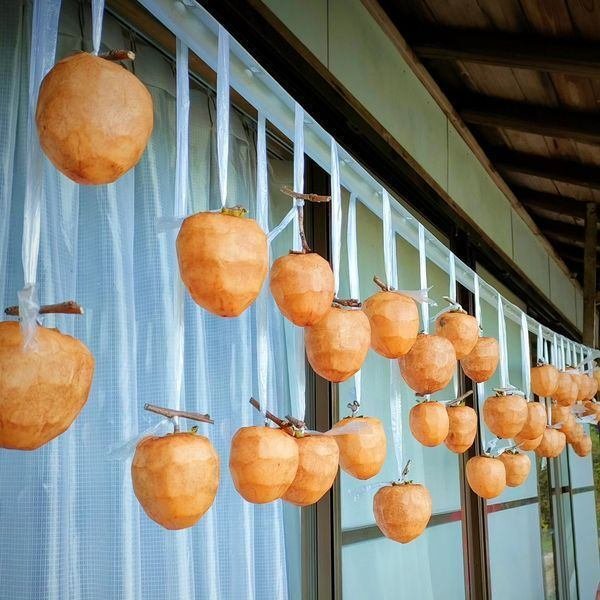
私が今応援していること①What I support now 1

定年退職して10年、私が今応援していることについて書くことにします。一つは”てらぼら農園"岐阜県恵那市で2年前から若い夫婦と子供二人の家族が始めた農園です。興味のある方はFacebook ブログのサイト、ググると記事がいっぱい出てきます。検索してみてください。私がなぜ彼らの活動に興味を持ったかというと、農園主の父親が私の高校生だったときの同級生だったからです。その関係で彼らの活動を知ることになります。日本の農業の将来を語るとき、私の高校時代を含めて多くの人があまり明るい未来を描けないできました。小規模農家には未来がないと多くの人が思い込まされてきました。私も含めて。果してそうかというのが私の疑問です。明治以来の日本の近代化のあり方がそうしてきたというのが私の仮説です。例えば日本の江戸時代、日本の農業者は百姓と呼ばれていました。その当時農業者は何でも屋だったのです。私は所沢に住んでいますが、所沢は綿織物の中心地として栄えた時期がありました。江戸時代にはこの辺では川越が綿織物の中心地として栄えました。日本で大量に綿花が栽培されていたなんて今想像できますか?我々の農業イメージは単作稲作です。一面の稲穂です。見渡す限り稲作、これモノカルチャーです。モノカルチャーといえばイギリスでの産業革命以降作り出された植民地経済を表す言葉です。一面サトウキビ畑、一面コーヒー農園等々。そうです農村は明治以降の産業政策、意図的あるいは成り行きの事情に行き当たりばったりの政策対応にかかわらず、私は後者だと思っていますが。とにかく結果として、都市部のイギリスから購入した機械生産、いわゆる”近代的”工業発展の見返りとして都市部の植民地にされたというのが私の仮説です。

I retired 10 years ago, and I have decided to write about something I am currently supporting. One of them is "Telabora Farm," an agricultural venture started two years ago by a young couple with two children in Ena City, Gifu Prefecture. If you are interested, you can find many articles on their activities by searching on Facebook, blogs, or other sites. The reason I became interested in their activities is that the father of the farm owner was my high school classmate. Through this connection, I learned about their initiatives.
When discussing the future of agriculture in Japan, including my high school days, many people, myself included, could not envision a bright future. It has been ingrained in the minds of many that small-scale farmers have no future. My question is whether this is indeed the case, and my hypothesis is that it stems from the way Japan has approached modernization since the Meiji era.
For example, during the Edo period in Japan, agricultural workers were called "hyakusho" (peasants). At that time, farmers were jacks-of-all-trades. I live in Tokorozawa, and during a certain period, Tokorozawa thrived as a center for cotton textiles. In the Edo period, nearby Kawagoe prospered as the center of cotton textiles. Can you imagine that large quantities of cotton were cultivated in Japan? Our image of agriculture is primarily focused on rice cultivation—a monoculture of endless rice paddies. Speaking of monoculture, it is a term used to describe the colonial economies created after the Industrial Revolution in Britain—endless sugarcane fields, coffee plantations, and so on. Yes, rural areas became colonies for urban areas, whether intentionally or due to the circumstances of the industrial policy after the Meiji era. I believe it was the latter, but regardless, as a result of ad hoc policy responses to industrial development, Japan's rural areas were turned into colonies for urban areas, receiving machine-produced goods purchased from urban areas. This is my hypothesis.
この記事が気に入ったらサポートをしてみませんか?
